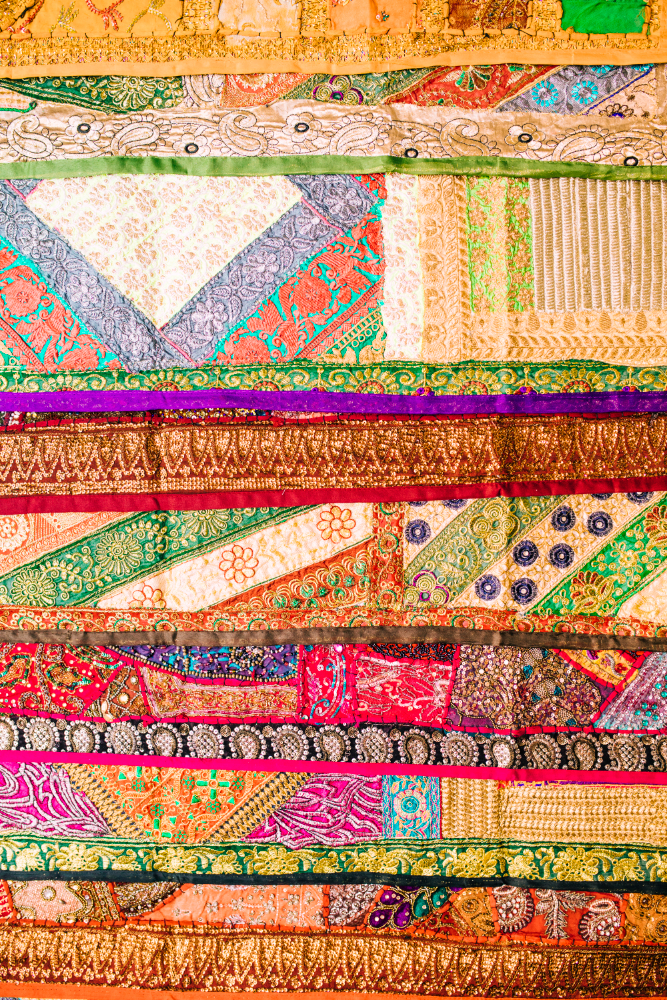

When it comes to choosing a rug for your home, two popular and beautifully handwoven options you may encounter are Lori rugs and Kilim rugs. Both types of rugs offer unique aesthetic and cultural significance, but the decision of which to choose depends on your style, space, and lifestyle needs.
In this article, we'll explore the history, design features, and practical benefits of Lori and Kilim rugs to help you decide which is the best fit for your home.
Lori rugs originate from the Lori tribe, a nomadic group in southwestern Iran. Known for their high-quality craftsmanship and use of natural dyes, Lori rugs have a rustic and organic charm that speaks to the tribal life of their makers.
Material & Weave: Lori rugs are typically made from high-quality wool, making them soft underfoot yet durable. The weave tends to be tighter, and the pile is often thicker, giving these rugs a luxurious feel.
Design: Lori rugs are known for their geometric, often minimalist designs, with patterns rooted in tribal tradition. The colors are typically earthy—think warm reds, browns, and deep blues—creating a grounded, welcoming atmosphere in any space.
Durability: Due to the high-quality wool and tight weave, Lori rugs are highly durable. They’re perfect for high-traffic areas like living rooms or hallways, where they can stand up to daily wear and tear.
Cultural Value: Owning a Lori rug is like owning a piece of history. These rugs often reflect the stories, symbols, and traditions of the tribe that created them, adding depth to your home decor.
Unlike Lori rugs, Kilim rugs are flat-woven, meaning they don’t have a plush pile. These rugs are commonly produced in areas like Turkey, Iran, and the Balkans, and their history stretches back thousands of years.
Material & Weave: Kilims are usually made of wool or a wool-cotton blend, and their flat, pileless construction sets them apart. This weaving technique makes Kilims much lighter and thinner than Lori rugs.
Design: Kilims are known for their bold, intricate patterns and vibrant colors. Their designs are often symbolic, representing everything from protection to fertility. The bright hues and striking patterns make Kilims a statement piece in any room.
Versatility: Kilims' lightweight and flat construction make them more versatile for various uses. Besides serving as floor coverings, they can also be used as wall hangings, table coverings, or even upholstery.
Maintenance: Kilim rugs are easier to clean than their thicker, pile-woven counterparts because dirt doesn’t get trapped in the fibers as easily. This makes them a good option for households with kids or pets.
Now that we know the basics of Lori and Kilim rugs, let’s compare them based on some important factors:
| Feature | Lori Rug | Kilim Rug |
|---|---|---|
| Material | High-quality wool | Wool or wool-cotton blend |
| Weave | Pile weave, thicker and plusher | Flat weave, lightweight and thin |
| Design | Geometric, earthy tones, minimalistic | Bold, vibrant, and symbolic patterns |
| Durability | Very durable, suitable for high-traffic areas | Durable but lighter, suitable for less wear |
| Maintenance | May require more effort to clean due to pile | Easier to clean, ideal for families or pets |
| Use Cases | Best for floor covering in living rooms, hallways | Versatile—floor, wall hangings, upholstery |
| Cultural Value | Strong connection to tribal history and symbolism | Ancient symbols and a rich heritage in design |
Both Lori and Kilim rugs bring something special to the table, so the choice ultimately comes down to your style preferences and practical needs.
Both Lori and Kilim rugs bring unique qualities that can elevate your home's aesthetic and comfort. Lori rugs offer plush textures and earthy tones with a deep connection to tribal culture, while Kilim rugs stand out for their vibrant colors, lightweight design, and versatility.
Your decision should reflect not only your personal taste but also the practical needs of your space. If you’re looking for warmth, durability, and tradition, a Lori rug is an excellent choice. On the other hand, if you’re drawn to bold designs and want something versatile and easy to maintain, a Kilim rug might be the better fit.
Either way, both types of rugs are timeless, handcrafted works of art that will bring beauty and culture to your home for years to come. Happy rug hunting!